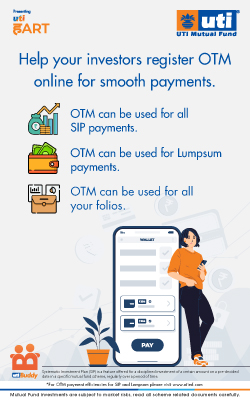A white paper published by Advisor Websites gives interesting insights on how advisors can run a successful blog and increase their visibility.
The impact of blogging for financial advisors on their website traffic is remarkable. Because both people and search engines come to your website for the content, it’s the most important aspects of any website.
Financial blogging is used most commonly to increase website traffic or building brand visibility. In fact, financial blogging is vital to a successful web marketing strategy for advisors.
At its core, a financial blog consists of three simple parts:
1.) A compelling headline
2.) Great content
3.) A call-to-action
Why should you blog?
First, blogging adds tons of value in respect to search engine optimization (seo). The more blog posts you publish, the more indexed pages you create for search engines to display in their results.
Search engines love fresh content and blogging provides the perfect platform for sharing great content and increasing your sites’ SEO.
In addition, your blog is an asset that introduces you as a thought leader in the financial planning community. By sharing industry specific information regularly, a blog will help you earn people’s trust and stay top of mind for many in your community.
Bonus benefit: a financial blog gives you real estate to place call-to-actions in order to generate new prospects and clients.
What should you blog about?
Brainstorm
Two heads are better than one! Hold brainstorming sessions and consider creating a collaborative document that allows people to build on one another’s ideas.
Venture outside the office and ask others what types of articles they’d be interested in reading from your point of view. From current clients to colleagues, ask around to get some ideas.
Invite guest authors
Another awesome way to keep your blog filled with great, fresh content is to invite other industry experts to write guest posts.
Many ‘industry experts’ are constantly searching for outlets to share their ideas and opinions – your blog could be the perfect place to get started! They gain online exposure and you get blog content that offers a new perspective for your readers.
Use your network to find people who may be interested in guest blogging.
Answer questions
Take some time to identify some of your own FAQs. You probably been asked some of the same questions from clients, prospects and friends dozens of times!
Take advantage of that – create a well-crafted response and post it as a blog entry.
Chances are, if you’ve been asking the same question by a handful of people, there are dozens more who are wondering the same thing but have yet to ask.
How often should you blog?
The more frequently, the better. Ideally, you can post an article on your blog at least once a month – once a week would be even better. If your posts reveal great contents you can allow yourself to blog once or twice a month.
In the words of Josh Hallett (Director, Voce Connect), bloggers should post as often as you want people to pay attention to you.
To be most effective, remember to publish your posts at the same time so that you can create anticipation/consistency in your readers expectations.
How should you promote your blog?
As effective as blogging is – there’s still a lot of competition. Why should people read yours instead of the hundreds of other financial blogs on the internet?
Fact: people can only read your blog if they know it exists. Promoting your blog drives traffic, increases your visibility and helps establish you as an authority in the financial planning community.
Read on for a few ideas we have found especially effective when it comes to promoting a blog and letting others know a) it exists b) why they should read it!
Social media is one of the most effective ways to spread the word about your financial blog.
Going social allows your readers to share the content of your blog with their friends, followers and connections. Add social share buttons to your blog and to your website.
Is there a financial blog you follow consistently? Reach out to them to ask if they’ll re-post your article and link back to your financial blog. Some of the most successful blogs share content and link back to one another.
Prepared based on a white paper published by Advisor Websites.
Click here to download the white paper.




